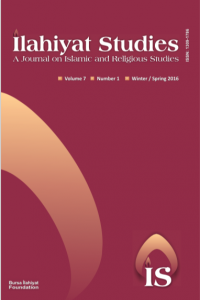Book Review
Religious Scholars and the Umayyads: Piety-minded supporters of the Marwānid Caliphate, by Steven C. Judd
Abstract
First Paragraph: Islamic historical chronicles, beginning with al-Ṭabarī, routinely portray the Umayyad caliphs as un-Islamic, godless, cynical, and/or impious men who were more interested in this world than the next and who contributed to the corruption of both Islam and Muslim society. These same sources portray Muslim scholars as opponents of Umayyad worldliness who kept their distance from the caliphs, led political opposition to the regime, and contributed little or nothing to the development of Islamic law. This model was subsequently adopted by Western scholars such as Goldziher, Wellhausen, Hodgson (who coined the popular term “piety-minded opposition”), Watt, and Hawting, and it has prevailed more or less intact down to the present time. According to a variant of this model, the Umayyads were in fact pious men, but their efforts to create a workable and efficient bureaucracy were opposed by the emerging Traditionists; and it was only during the ʿAbbāsid era that the Umayyad caliphs came to be portrayed in negative terms.
Keywords
Year 2016,
Volume: 7 Issue: 1, 143 - 147, 01.10.2016
Abstract
There are 0 citations in total.
Details
| Primary Language | English |
|---|---|
| Subjects | Religious Studies |
| Journal Section | Book Reviews |
| Authors | |
| Publication Date | October 1, 2016 |
| Submission Date | February 15, 2016 |
| Published in Issue | Year 2016 Volume: 7 Issue: 1 |


